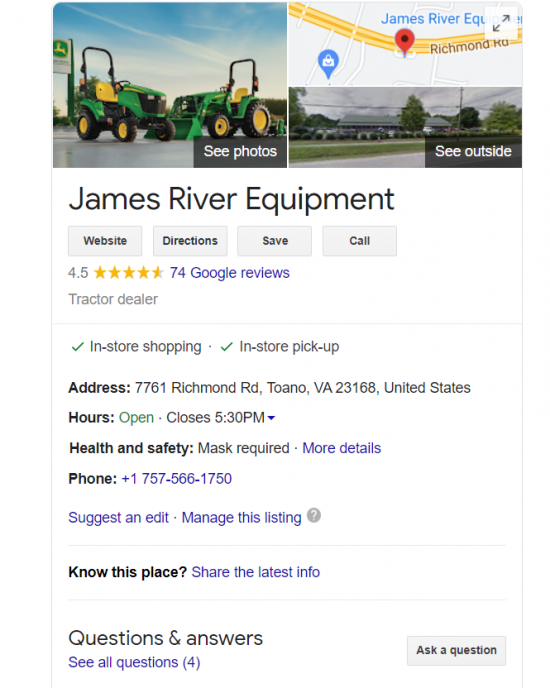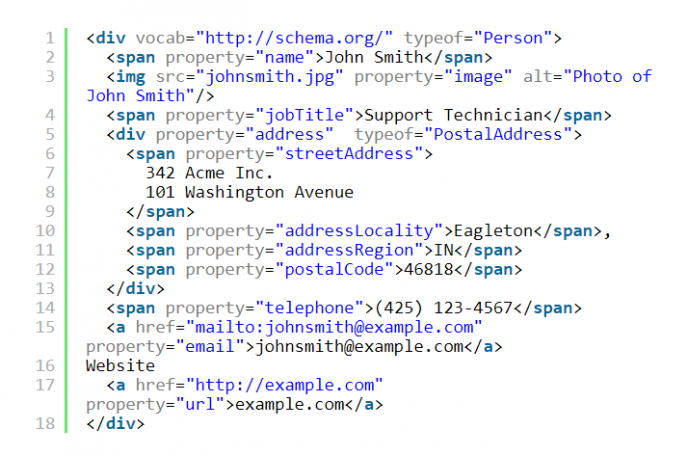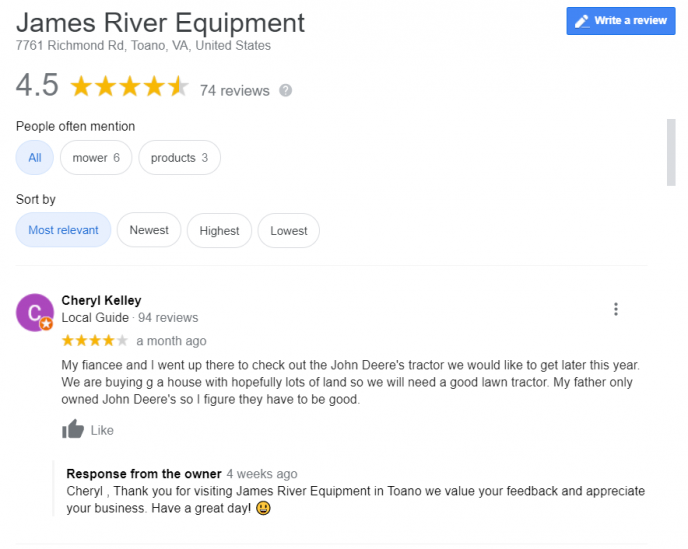Local SEO is more important than ever before. As we’re going through a global pandemic, people are looking for businesses closer to where they live and work.
Local searches are when people search for things like ‘cafes near me’ or ‘doctors in Appleton’. People have a specific physical location in mind and typically want to visit the place or interact with the business directly.
You need to make sure that your business’s online presence is optimized to appear for local searches. And how can you do that? That’s what this blog post covers. Check it out.
Add your business to directories and listings
When Google gets a query for businesses or services near a specific location, it often presents information from directories and listings to users. Business directories and listings are websites that are built to provide local business information. They’re the digital version of yellow pages.
Your first step can be to add your business to these listings, especially ones that are local to your region. You should also add your business information to industry-based directories.
For example, you could reach out to your local chamber of commerce, add your business to Yelp, and other directories.
And of course, make sure you own or claim your business on Google My Business. The information you provide in your Google My Business profile will appear in a knowledge graph in the right sidebar of a search page.

A knowledge graph for a local business
Your presence on different listings helps create a complete profile of your business and establishes that it’s a real business.
Provide complete information
Aside from being present on multiple platforms, it is also important to provide detailed information on all of them.
This means adding details about your address, store timings, product and service offerings, and more. While this can be a tedious task at first, if done correctly, you only need to do it once. And the results are that you stand to get picked up for local searches.
Remember to maximize the information you offer. Use relevant keywords, post store images, products available, a phone number, and more.
Provide accurate product information
So far, we’ve focused on providing information about your overall business. But remember that people typically look for specific products and services together with the location aspect. Meaning that information about your products matters as much as where you’re located.
If you own an electronics store in Augusta, a person looking for a specific brand’s speakers in that area will likely be interested in your business. By clearly adding your product details on your website and by mentioning them in listings, you make it possible for search engines to show your business as a useful result.
One helpful strategy is to use a keyword tool to find out what people are searching for online in relation to your business. By understanding the kind of keywords and phrases people are using, you can refine the information you provide and get more customers.
Add structured data
Adding structured data to your website will help your business appear prominently in knowledge graphs or panels.
A knowledge panel or graph is a feature where Google displays information in a carousel or in a large panel in the right sidebar area.
These knowledge graphs usually appear when people search for things like ‘things to do near my city’ or ‘best restaurants in the area’. By adding structured data or schema, Google will pick up relevant bits of information and display them.
Schema markup for things like menus, opening hours, cuisines, business names, and other things helps your business classify content on your website. And this kind of markup makes it easy for search engines to understand the content on your site.

Note the ‘property’ attribute inserted in the HTML tags. This is schema markup
Build your social media profiles
Another important way to add information about your brand online is to create social media profiles.
Facebook allows you to create local business pages where you can add information about your store. Here also, you need to fill in all the details you can such as store timings, location, images, and other details.
People often look for products on social media. And they tend to do their research on a company by looking at its social media profile before they make a purchase.
When your social media information is consistent with content on your website and on business directories and listings, it creates a coherent image of your brand and also makes your website appear more trustworthy to search engines and people.
Do your keyword research
One area where businesses can make mistakes is by targeting the wrong keywords for their business. This is because businesses view their own products and services differently from the way customers do.
Doing keyword research using an SEO tool will help you get data that clearly shows you what people are looking for online in relation to your business.
Something as small as mentioning parking space availability around your business can impact whether a customer decides to visit your premises. And an SEO plugin or tool could help you find small details like these that lead to significant conversions.
Manage your reviews and ratings
Another way that Google rates your business is by taking reviews and ratings into consideration.
Encourage your customers to leave positive reviews if they are happy with your services and products.
And whether you get positive or negative reviews, be sure to respond to them with your business account. It gives you the opportunity to highlight your professionalism and empathy towards customers.

Encourage reviews and respond to them in a professional way
Good reviews and high ratings go a long way to boost your brand image and the chances that your business appears as a relevant search result.
Over to you
It’s clear from this post that taking on local SEO is a time-consuming process that requires a lot of work.
But the outcome is more than worth it when Google and other search engines send traffic to your website or highlight your business in a knowledge graph.
Using the tips here, start giving your small business a boost. Over time, track your business’s position for search results and you should see more traffic and more customers.